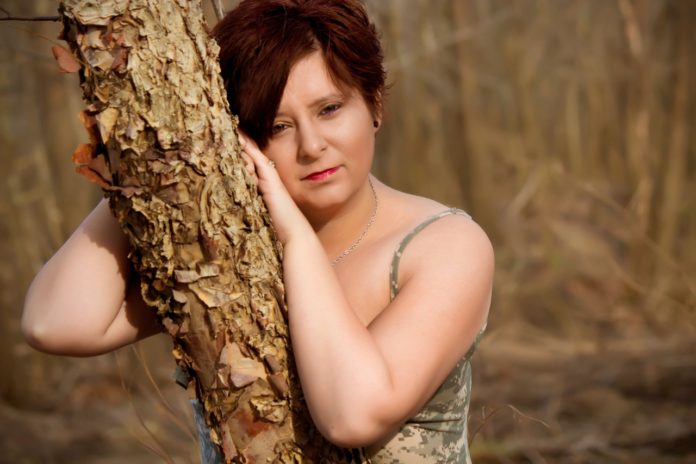
Reasons revolve mostly around lack of stable partnerships with men committed to marriage and parenting
It’s not career that’s making women keep motherhood on hold by freezing their eggs. Not even education. Its simply the lack of suitable men.
The largest qualitative study so far in elective egg freezing has revealed that women are opting to freeze their eggs not to pursue education or careers but for reasons “mostly revolving around women’s lack of stable partnerships with men committed to marriage and parenting”. Results of the study were presented by Dr Marcia Inhorn, an anthropologist from Yale University, USA, at the 34th Annual Meeting of ESHRE in Barcelona. In all 150 subjects from four IVF clinics in the USA and three in Israel were interviewed, each of whom had completed at least one cycle of oocyte cryopreservation for social reasons.
Elective egg freezing should not be confused with fertility preservation for medical indications. This is usually to preserve fertility ahead of treatments for malignancy likely to destroy ovarian function. Egg freezing – if there’s adequate time – is one possibility; in more urgent cases ovarian tissue cryopreservation is the most common procedure.
Majority of women in the study (85%) were without partners at the time of egg freezing, reflecting six different life circumstances – being single, divorced/divorcing, broken up from a relationship, working overseas, single mother by choice or circumstance, and career planning
“The medical literature and media coverage of oocyte cryopreservation usually suggest that elective egg freezing is being used to defer or delay childbearing among women pursuing education and careers.Our study, however, suggests that the lack of a stable partner is the primary motivation,” said Inhorn.
The majority of women in the study (85%) were without partners at the time of egg freezing, reflecting six different life circumstances – being single, divorced or divorcing, broken up from a relationship, working overseas, single mother by choice or circumstance, and career planning. Choosing elective egg freezing for planning a career was the least common of these six pathways, even among women who worked for companies with egg freezing insurance coverage.
Those with partners (15%) faced four different life circumstances – with a man not ready to have children, in a relationship too new or uncertain, with a partner who refuses to have children, or with a partner with his own multiple partners. “Most of the women had already pursued and completed their educational and career goals,” Inhorn explained, “but by their late 30s had been unable to find a lasting reproductive relationship with a stable partner. This is why they turned to egg freezing.”
With only one exception – freezing eggs before working overseas – the pathways varied little among American and Israeli women in the study. Inhorn acknowledged, however, that these ten pathways to elective egg freezing may not be the same for women in other countries, but the shared responses of women in the two countries studied does suggest some generalisability.
Elective egg freezing is one of the fastest growing services in many fertility clinics today. Its growth took off after the widespread introduction of vitrification, a fast-freezing technology which reduces cells to a glass-like state in just a few seconds.Earlier egg freezing was inefficient, usually causing damage from ice crystals to the egg’s microstructure.










